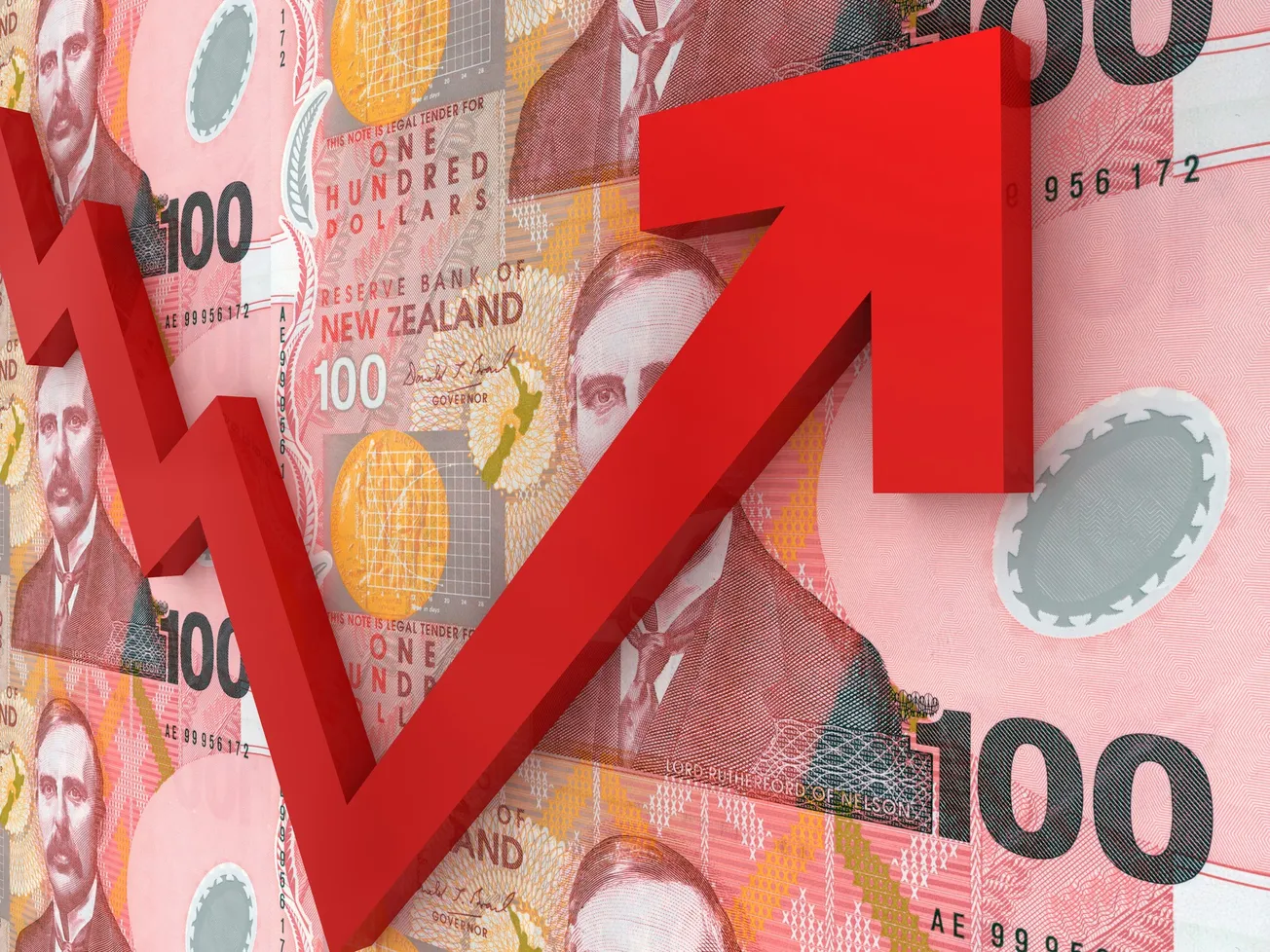Table of Contents
Don Brash
Don Brash was Reserve Bank Governor from 1988 to 2002, and National Party Leader from 2003 to 2006
There is now a pretty widely shared consensus that inflation is undesirable for a variety of economic and social reasons. And around the world it has been widely accepted that inflation is best controlled by the central bank varying interest rates so that total demand for goods and services is broadly in line with the economy’s capacity to produce at stable prices.
When consumers and businesses are carried away with optimism and spending aggressively, with resultant upwards pressure on wages and prices, it’s the central bank’s job to put a dampener on things – “take away the punchbowl” – by increasing interest rates, making it less attractive to borrow and more attractive to save.
Conversely, when the mood is pessimistic and the future looks gloomy, so that consumers and businesses cut back on their spending, with unemployment rising and wages and prices stagnant or falling, it’s the central bank’s job to try to alleviate the gloom by reducing interest rates, making it more attractive to borrow and spend and less attractive to save.
This much has become the accepted orthodoxy in almost all countries.
But in the New Zealand Herald today (7 July 2023), Jenee Tibshraeny highlights the far-reaching social consequences of these changes.
He points out that when our Reserve Bank cut interest rates close to zero in an attempt to stimulate the economy when the Covid pandemic hit, economic activity was stimulated, as intended, and asset prices went through the roof, hugely benefiting those with lots of assets. The same low interest rates encouraged those who wanted to own their own homes to borrow to the limit of their ability in order to do so.
But it is clear that the combination of very low interest rates and the strong stimulus arising from the Government’s spending significantly more than it has taken in in tax revenue has caused strong inflationary pressures. With the Government showing no inclination to slow down its spending spree, the Reserve Bank has been forced, in Jenee Tibshraeny’s words, to “clobber the indebted with high interest rates”.
And the effect of these higher interest rates is very different on different groups in our society. For those who have recently bought a home with a very large mortgage, the effect is very severe. For those who have a debt-free home, and with savings in the bank, the effect is also substantial – but beneficial.
Might there be a better way? It is clear that the need to increase interest rates could be reduced somewhat if the Government were to run a less expansionary fiscal policy, by reducing spending and/or increasing taxation. But changing government spending or income tax rates takes time, and is often difficult to reverse when economic conditions change.
Some economists have suggested giving the central bank a constrained ability to vary the rate of GST as a way of changing demand in the economy – reducing GST when the economy requires stimulating and increasing GST when it requires constraining.
I’d be reluctant to see such a policy adopted, not least because varying GST on a relatively frequent basis would be a compliance nightmare for many thousands of small businesses.
But I’d like to see consideration given to another option, namely giving the central bank authority to vary the excise tax on petrol, increasing it when aggregate spending in the economy needs to be constrained and reducing it when it needs to be stimulated. Because demand for petrol is, in the jargon, inelastic – meaning the amount purchased varies little in response to price changes, at least in the short-term – an increase in the excise tax would require other spending to be reduced; conversely, a reduction in the excise tax would enable other spending to be increased.
Such a policy would be very easy to implement because excise tax is collected at a very small number of points in the distribution system, and consumers are already very accustomed to the price of fuel changing at frequent intervals. Admittedly, some people are more dependent on petrol than others, but almost everybody would be affected to some degree, adversely when there was a need to restrain demand, positively when there was a need to stimulate demand.
Another benefit of such a system used as a supplement to conventional monetary policy is that varying the excise tax on fuel would have little effect on the exchange rate, whereas changing interest rates tends to have a significant effect on the exchange rate: when interest rates are increased, the exchange rate has a tendency to appreciate, adversely affecting exporters and those competing with imports (and vice versa).
Admittedly, with the growing use of electric vehicles there may come a time when varying the excise tax on petrol would have little effect on aggregate demand. But that time is still some way away.
The only disadvantage of varying the excise tax on fuel as a way of reducing the need to vary interest rates is that fuel is in the basket of goods and services which the Government Statistician uses to measure the inflation rate, so increasing the excise tax to reduce inflation would have the somewhat perverse effect of somewhat increasing measured inflation (and vice versa).
But it would have the huge advantage of spreading the social effects of controlling the inflation rate.









